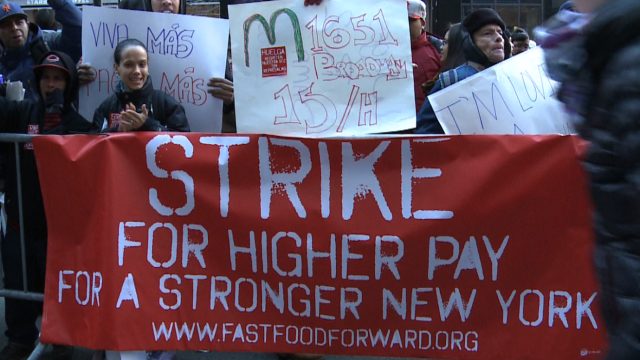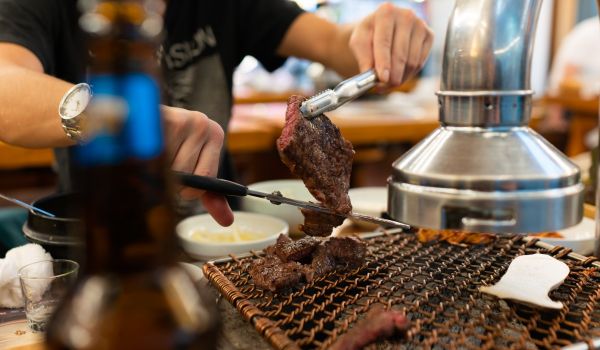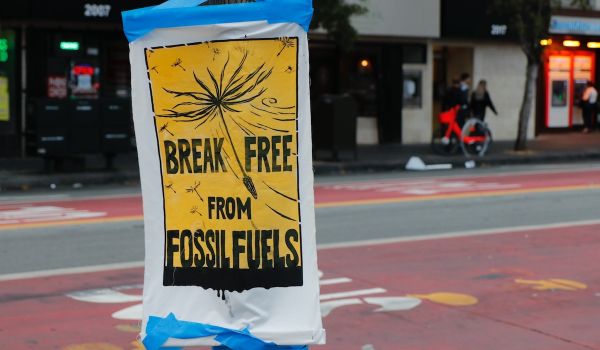In a move that grabbed headlines and the attention of industry executives, dozens of New York City fast food workers walked off their jobs last Thursday, forming picket lines outside outlets of major chains including McDonalds and Burger King. The workers walked out in demand of higher wages and the right to join a union. If corporate bosses heed the protests, salaries at the chains would lift to a still-modest $15 an hour, a raise that would nearly double take-home wages.
The walkouts came two months after Walmart employees in a dozen cities went on strike, a level of coordinated action unprecedented in the company’s history, and a few days after another spate of Wallyworld walkouts.
It’s impossible to say whether these protests will pay off for workers or amount to any real gains for the 50,000 or so employed in New York’s fast food industry (not to mention the tens of millions more service sector employees in cities across the country). But there are signals that the nascent movement could yield tangible results.
One of the organizations behind the protest, New York Communities for Change, was recently successful at unionizing workers at city car washes, another industry known for low pay and irregular hours. Labor experts warn, however, that organizing fast food workers remains a daunting challenge given high turnover, irregular shifts and a bleak labor market.
Despite the uncertain future facing this fledgling service labor movement, it’s clear that cities can’t afford it ignore it. Today, more recent college graduates are working in food service than as engineers, physicists, chemists and mathematicians combined.
In New York, the number of jobs in hospitality, retail, home health care and food service is multiplying at a faster rate than any other sector, all while paying wages well below the city’s average. The effect is downward pressure on wages citywide and across industries, and a struggle among even college-educated New Yorkers to land living wage jobs. It’s a trend even more pronounced in cities that don’t have a Wall Street or Madison Avenue.
Even so, New York could emerge as a center for a new wave of service-sector unionizing. Leading mayoral hopefuls, eyeing the 2013 Democratic primary, all voiced their support for the protesting workers. Frontrunner Christine Quinn, the current City Council speaker, called business practices within the fast food industry “unacceptable.”
“All working New Yorkers deserve a living wage and the opportunity to join the middle class,” Quinn said. The use of the term “living wage” should not go unnoticed here, after a protracted battle over living wage legislation was decided with a favorable vote from Quinn.
Other potential Democratic candidates voiced support. Public Advocate Bill de Blasio said, “This is the moment for New York City to turn the corner after a decade of rising income inequality. We need nothing less than a citywide movement to uplift New Yorkers struggling to make their way into the middle class.” Bill Thompson, who narrowly lost to Mayor Michael Bloomberg in 2009, was less lofty but made it clear that he “stand[s] with the fast food workers today who are standing up for better wages.”
But how will those better wages actually come about? Most likely the key decisions will be out of the hands of future mayors and will be decided in Albany. Perhaps faced with the prospect of a unionized workforce, fast food industry executives will find the idea of raising New York’s minimum wage — a statewide proposal to raise it to $8.50 an hour is currently collecting dust in Albany — much more palatable.
Progressives hope that New York’s Gov. Andrew Cuomo will put his weight behind this proposal in the upcoming legislative year, perhaps as part of a power-sharing deal with Republican state senators. A similar approach brought a victory for gay rights advocates when same-sex marriage was passed in July of 2011.
Of course, $8.50 an hour is nothing like the $15 an hour that protesters demanded last Thursday, and a hike in the minimum wage will do nothing to guarantee paid sick days or protect workers from irregular schedules and the threat of cut hours. A citywide bill addressing these concerns directly would help, an issue that will be at the forefront of the Democratic mayoral primary in 2013. But the key here truly does seem to be the unionization of the fast food industry. You can expect a nasty battle ahead.
















